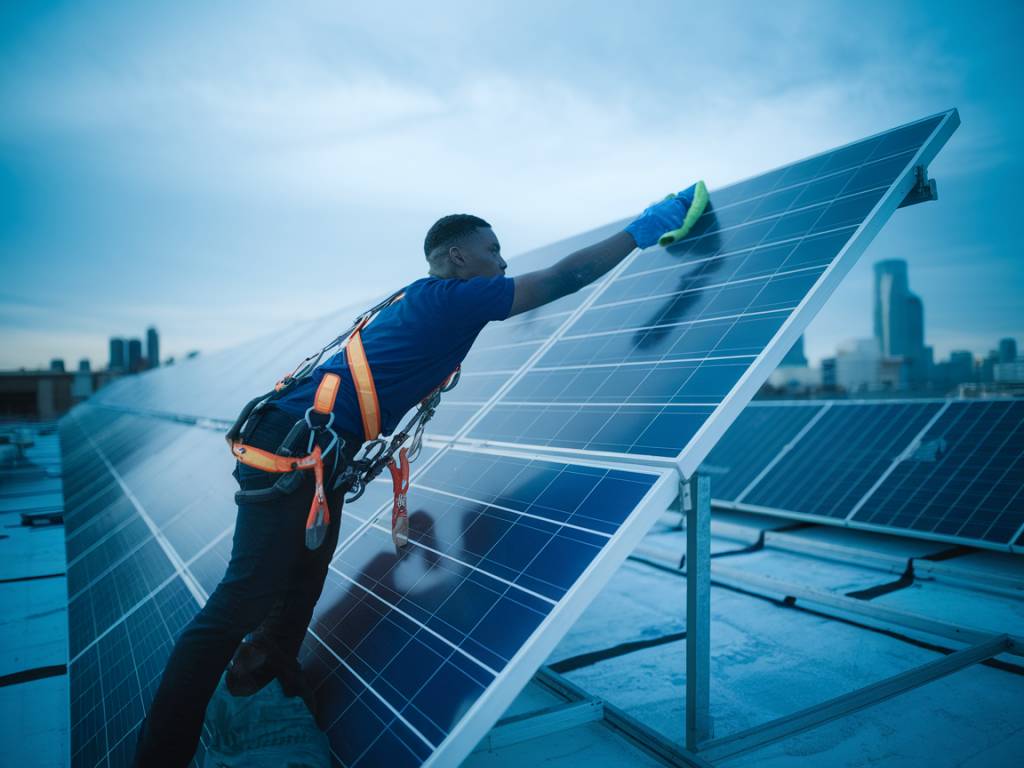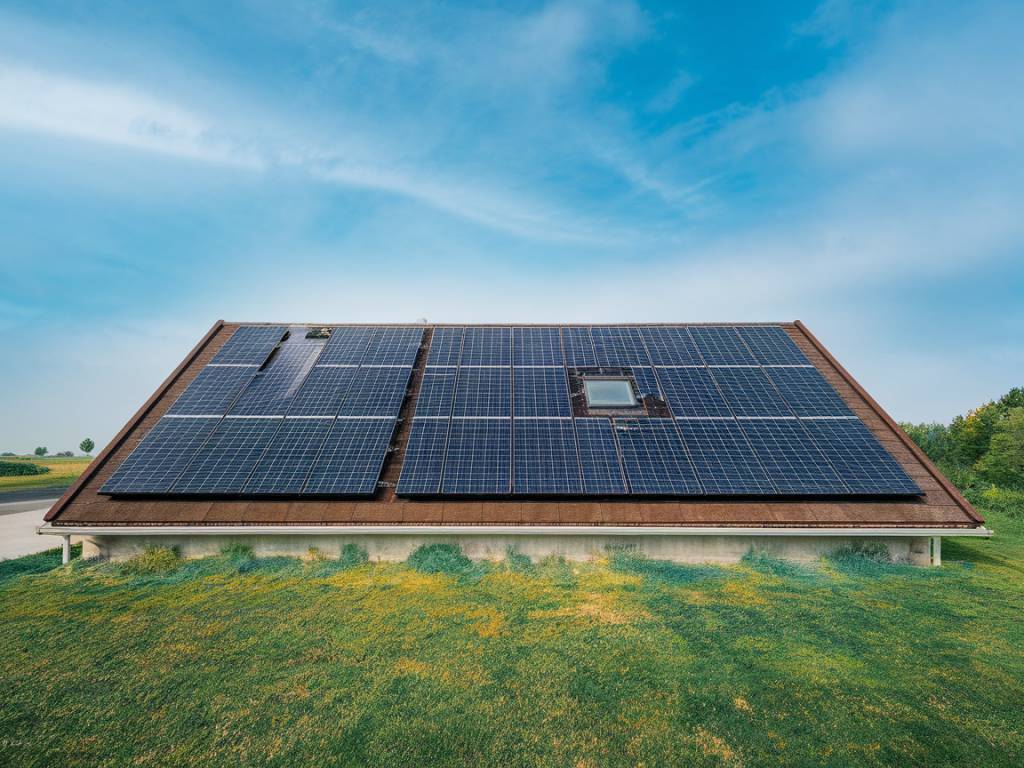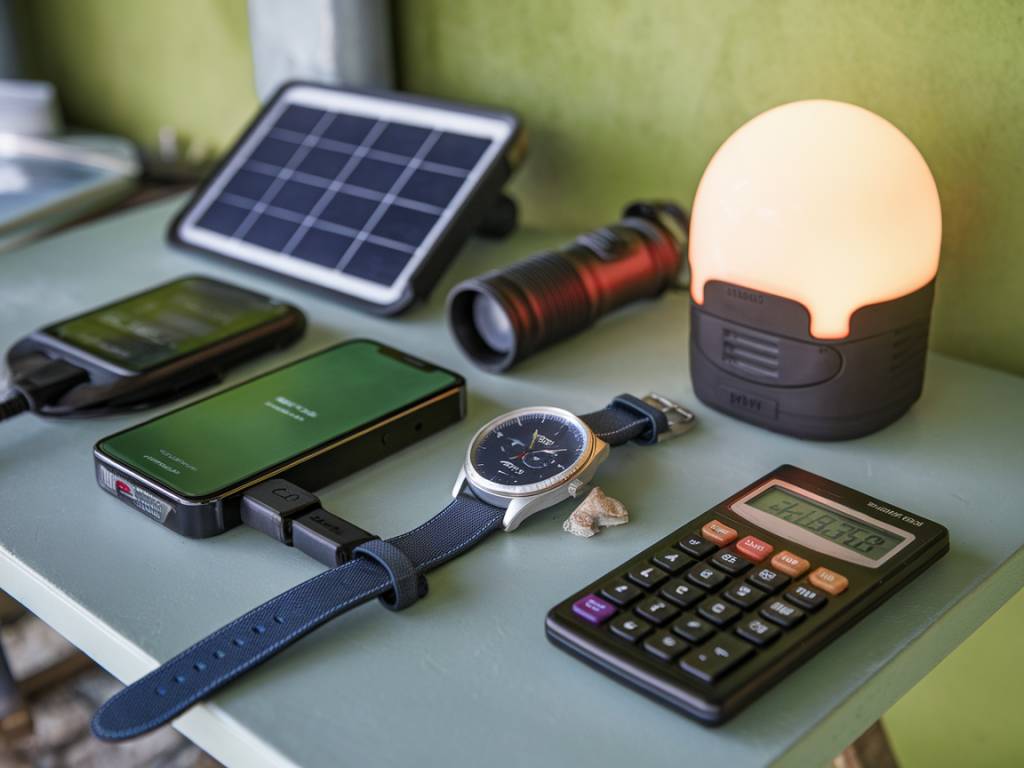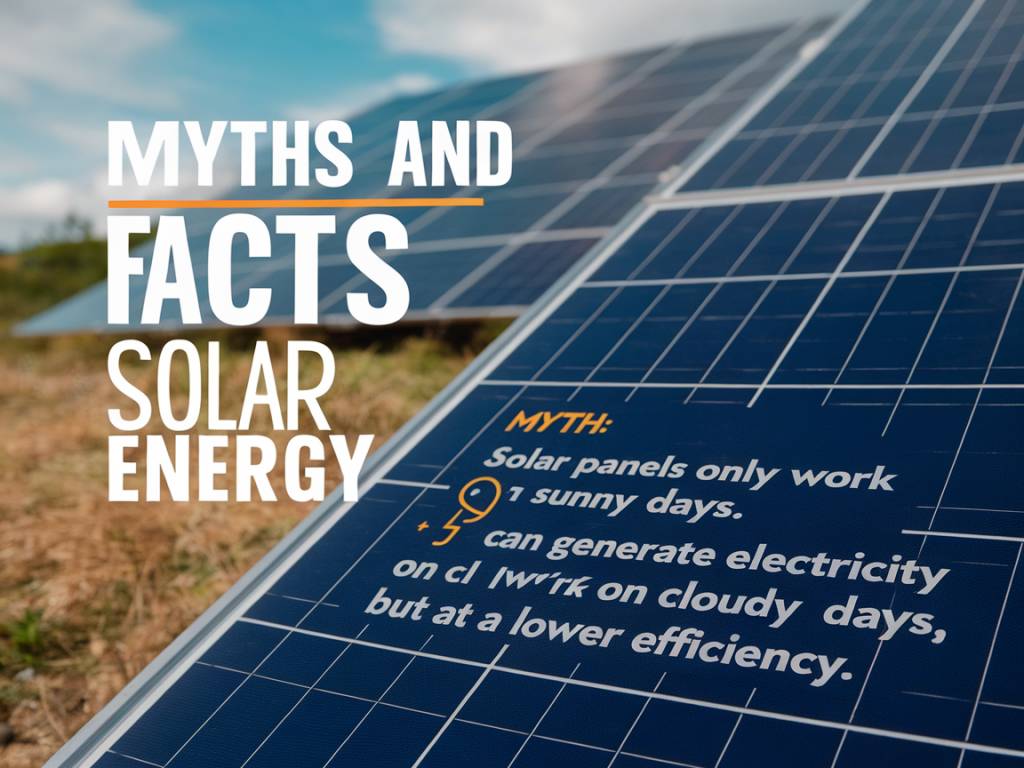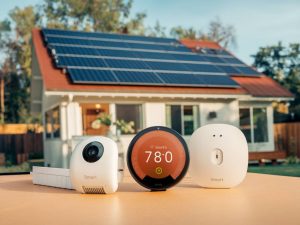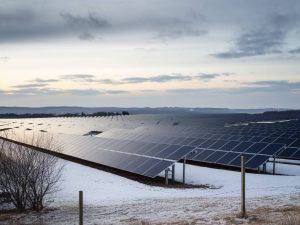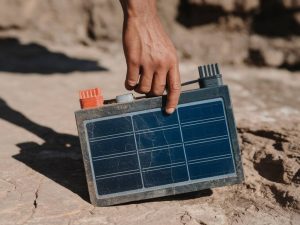How to maintain and clean your solar panels
Maintaining and cleaning your solar panels is essential to ensure their optimal performance and longevity. This process involves a series of steps and considerations that help you maximize the efficiency of your solar energy system.
Why is Solar Panel Maintenance Important?
Solar panels are exposed to various environmental elements that can impact their performance. Dust, dirt, pollen, bird droppings, and debris can accumulate on the surface of the panels, reducing their efficiency. Regular maintenance helps to address these issues and ensures that your solar panels are working at their best.
Proper maintenance can result in increased energy output, prolonged lifespan of the panels, and a greater return on your investment. It also helps in identifying potential problems early, such as broken panels or faulty connections, preventing larger issues down the line.
When to Clean Your Solar Panels?
The frequency of cleaning your solar panels largely depends on your location and environmental factors. In areas with high levels of dust or pollution, more frequent cleaning may be necessary. Similarly, locations with frequent bird activity or pollen season may require regular cleaning to maintain efficiency.
A general rule of thumb is to inspect your panels at least twice a year. However, monitoring your energy output can also give you an indication of when cleaning is needed. A noticeable drop in efficiency could signal that your solar panels are due for a clean.
Tools and Materials Needed for Cleaning Solar Panels
To clean your solar panels effectively, you will need the following tools and materials:
- Soft brush or squeegee with a long handle
- Non-abrasive sponge or cloth
- Garden hose with a gentle spray nozzle
- Bucket of mild soapy water (avoid harsh detergents)
- Safety harness or ladder (if panels are on the roof)
- Protective gloves
It is essential to use soft and non-abrasive materials to avoid scratching the surface of the panels. Avoid using harsh chemicals or pressure washers as they can damage the solar panels.
Step-by-Step Process for Cleaning Solar Panels
Cleaning your solar panels can be a straightforward process if you follow these steps:
Step 1: Turn off the Solar Panel System
Before starting the cleaning process, it is crucial to turn off the solar panel system. This ensures your safety and prevents any electrical accidents.
Step 2: Assess the Condition of the Panels
Inspect the panels for any damage or significant debris that needs to be manually removed. Check for cracks, broken glass, or loose connections. If you find any major issues, contact a professional for repairs.
Step 3: Remove Loose Dirt and Debris
Use a soft brush or squeegee to gently remove loose dirt, leaves, and other debris from the surface of the panels. Be careful not to apply too much pressure to avoid scratching the surface.
Step 4: Rinse the Panels with Water
Using a garden hose with a gentle spray nozzle, rinse the panels to remove dust and smaller particles. Make sure the water pressure is not too high to avoid damaging the panels.
Step 5: Clean with Soapy Water
Prepare a bucket of mild soapy water using a non-abrasive soap. Dip a soft sponge or cloth into the soapy water and gently clean the surface of the panels. Avoid scrubbing too hard to prevent scratches.
Step 6: Rinse Off the Soap
After cleaning with soapy water, rinse the panels thoroughly with clean water to remove any soap residue. Ensure that no soap is left behind as it can cause streaks or spots.
Step 7: Dry the Panels
Allow the panels to air dry or use a soft, non-abrasive cloth to gently wipe them dry. Ensure that the panels are completely dry before turning the system back on.
Safety Precautions for Cleaning Solar Panels
Safety is a paramount concern when cleaning solar panels, especially if they are installed on the roof. Here are some safety precautions to keep in mind:
- Always turn off the solar panel system before starting the cleaning process.
- Use a stable and reliable ladder if accessing roof-mounted panels.
- Consider using a safety harness to prevent falls when working at heights.
- Avoid cleaning panels during peak sunlight hours to minimize the risk of burns or electrical hazards.
- Wear protective gloves to protect your hands from sharp edges or chemicals.
- If you are not confident in cleaning the panels yourself, hire a professional service.
How Weather Affects Solar Panel Maintenance
Weather conditions play a significant role in solar panel maintenance. Here are a few weather-related factors to consider:
Rain: Rain can naturally clean some of the dirt and debris off solar panels. However, it might not be sufficient for removing stubborn grime or bird droppings.
Snow: In areas with heavy snowfall, snow accumulation on solar panels can block sunlight and reduce efficiency. It may be necessary to carefully remove snow, but avoid using metal tools which can damage the panels.
Dust storms: Regions that frequently experience dust storms may require more frequent cleaning to maintain panel efficiency. Dust can form a thick layer on the panels, significantly reducing their effectiveness.
Pollen: During pollen season, a fine layer of pollen can settle on the panels, impacting their performance. Regular cleaning during this period is essential to ensure efficiency.
Professional Solar Panel Cleaning Services
For homeowners who are unable or unwilling to clean their solar panels themselves, professional cleaning services are available. These services offer several benefits:
- Expertise in cleaning without damaging the panels.
- Use of specialized tools and cleaning agents.
- Inspection of the solar panel system during the cleaning process.
- Convenience and time-saving for homeowners.
When selecting a professional service, ensure they are experienced and reputable. Check reviews and ask for references to ensure quality service.
Routine Inspection and Maintenance Tips
Alongside regular cleaning, it is important to perform routine inspections and maintenance to keep your solar panels in optimal condition. Here are some tips:
- Check for any visible damage or wear on the panels, such as cracks or discoloration.
- Inspect the wiring and connections for any signs of corrosion or loose fittings.
- Monitor the energy output regularly to detect any significant drops in performance.
- Keep an eye on the inverter display for error messages or alerts.
- Ensure that nearby trees or structures do not cast shadows on the panels during peak sunlight hours.
Regular inspections can help identify minor issues before they become major problems, saving you time and money in the long run.
By following these guidelines for maintaining and cleaning your solar panels, you can ensure their efficiency and longevity. Regular care, combined with timely inspections and professional services when needed, will help you get the most out of your solar energy system.
